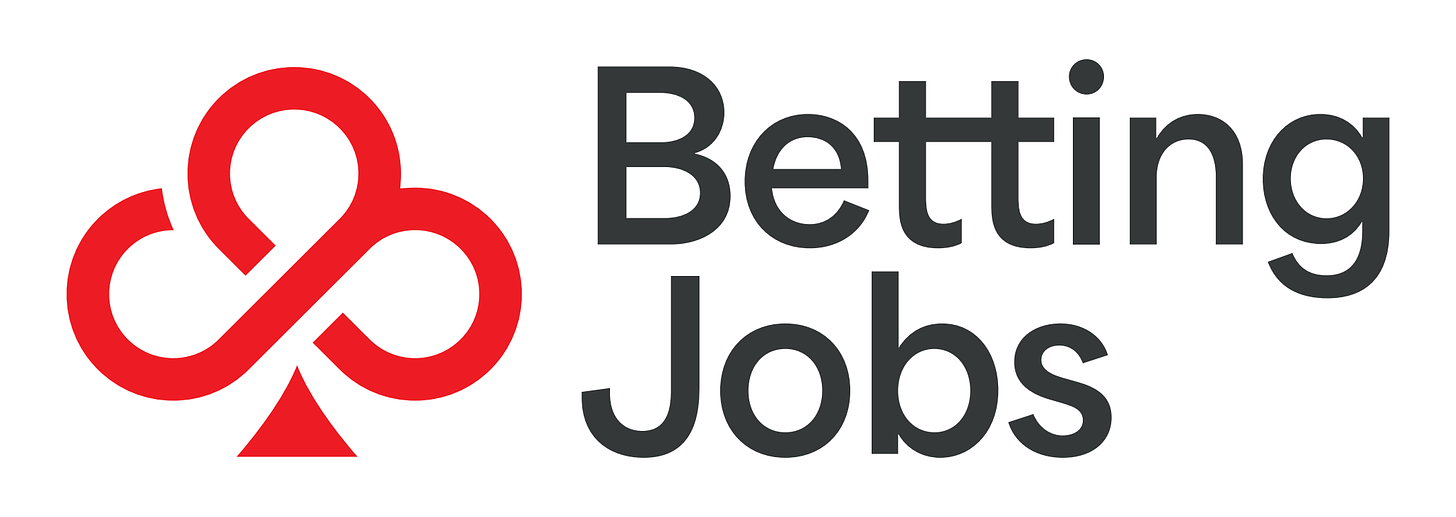Italian fury at egregious fee hike
Italian decree complaint, Brazilian bill limbo, credit card gambling, Dutch lottery plans +More
Industry kicks up a fuss over Italian licensing hike.
No news in Brazil where disagreements continue over iCasino.
The politics of credit card gambling examined.
Report suggests Nederlandse Loterij could be privatized.
You're still hooked on mistakes I've made.
Italian proposals
Lobby group balks at new Italian licensing proposals.
The way you move, gonna make you sweat: Italy’s proposed new fees for online gambling licenses will be the highest in the EU and worsen the country’s already sizable black market problem, the European Gaming and Betting Association (EGBA) has warned.
The lobby group said it was “deeply concerned” about the proposed new Italian decree on online gambling, which is currently under discussion with Italian lawmakers.
Included are provisions to introduce a major reorganization of the sector, particularly regarding the cost of license fees, which may top $7.76m annually.
Feeling queasy: The possibility of “(quasi) prohibitive licensing regimes and fees” also raises concerns of compliance with EU law, which will merit consideration, the EGBA said. The association warned that a “substantial increase in the license cost is unwarranted” and “will have severe consequences”.
The proposed figure represents a 35-fold jump from the 2018 license fee of $219,000 and triples the Italian authorities’ previous license fee proposal of $2.74m, which was never implemented.
High hopes: Ministers believe the new measures could rake in $114m-$150m for the Italian state, however the EGBA contends this is optimistic and the more likely outcome is a “drastic cut” in the number of licensed operators from the 91 to between 15 and 20.
Italy’s underground market is already one of Europe’s largest, with estimates it runs over $1bn annually. “The proposed increase in licensing fees is unparalleled and unheard of, it would make Italy the most expensive country in Europe to obtain an online gambling license,” said Maarten Haijer, secretary-general, EGBA.
“Together with the other restrictions in its gambling market, such as the local advertising ban, this proposed fee hike will make Italy a closed shop for new market entrants and lead to an exodus of existing licensees.”
The group is urging Italy’s council of ministers to reconsider the proposal.
BettingJobs is the global leading recruitment solution provider for the iGaming, Sports Betting, and Lottery sectors. Backed by a 20-year track record of successfully supporting the iGaming industry, it's no surprise BettingJobs is experiencing rapid growth and outstanding results. Does your company plan to expand its teams to cope with strong demand and growth?
Contact BettingJobs today where their dedicated team members will help you find exactly what you are looking for.
+More
Brazil: The clock is ticking down on the sports-betting bill being voted on by the lower house this year. Parliament sits until Friday, but there has been no sign, as of late Wednesday, of an agreement being reached over whether to vote on the bill and its amendments as sent on by the Senate.
Reports suggested the religious lobby is refusing to countenance the re-inclusion of iCasino within the scope of the legislation, as is being signaled by Chamber speaker Arthur Lira.
Further reading: See LosIngresos+Mas for more later today.
Argentina: Also in LosIngresos, the Senate of the Argentine province of Santa Fe has passed legislation to regulate online gambling, including sports betting. The Senate accepted a bill previously passed by the Chamber of Deputies without amendments.
Curaçao: The offshore hub’s new proposed licensing regime, the National Ordinance for Games of Chance (LOK), has been submitted to parliament. The fee structure has also been published by the Curaçao Gaming Control Board, with the total annual license cost set at ANG96k ($53k).
The Netherlands: Gambling regulator Kansspelautoriteit has updated its Anti-Money Laundering and Anti-Terrorism Financing Prevention Act, including a step-by-step guide to investigating sources of a player’s funds.
It includes guidance on how to investigate the origin of player funds in case a more extensive investigation is warranted.
Spain’s Ministry of Health has reported that 21% of 14-18-year-olds engaged in real-money gambling compared to just over 20% in 2021. Of the total, 10.7% gambled online.
Italy’s communications watchdog AGCOM has fined YouTube and Twitch $2.46m and $984,000 respectively for violating the country’s gambling advertising ban. It said it has ordered more than 20,000 online videos promoting various types of gambling, including sports betting, to be taken down.
Both platforms had commercial partnerships in place with videomakers that published the content, AGCOM said.
Svenska Spel subsidiary Casino Cosmopol has been fined $195,000 and warned by the Swedish Gambling Authority for anti-money laundering and terrorist financing failures.
The regulator’s probe covered eight customers’ gaming habits, including their spending and winnings, as well as how Casino Cosmopol interacted with them, along with the associated risk of money laundering or terrorist financing.
Betfred has been rapped by UK advertising regulators for a promotion that ran during a programme aimed at young people on the Roku streaming service. The ad promoted Live Betfred Casino, and featured a voice-over enticing viewers to play on a variety of slot and table games within the casino, but was placed during the PrestonPlayz programme, known for content related to the game Minecraft and appealing to youngsters.
Although Roku requires users to register and confirm they are over 18, the Advertising Standards Authority upheld the complaint on grounds of concerns about self-declaration inaccuracies and the possibility of shared accounts within households that might include underage individuals.
What we’re reading
Florida off keys: Daniel McGinn from Dean, Mead & Dunbar slams Florida’s fantasy bill: “Bad policy and a clear handoff from industry lobbyists to the legislator.” Via LinkedIn.
Career paths
The Canadian Gaming Association has announced the appointment of two new members to its board of directors: Scott Woodgate, vice-president of BetMGM in Canada, and Kurt Gissane, senior vice-president of sales for North America for Aristocrat Gaming.
Paola Menachem has joined BetComply as a legal advisor working on gaming licensing and compliance and the drafting of policies and procedures among other areas.
The politics of credit cards
Card declined: Australia’s lawmakers has passed an amendment to the Interactive Gambling Act 2001 that will ban credit cards and cryptocurrency for gambling transactions. European jurisdictions that have banned credit cards include: Norway (2010), Belgium (2016), UK (2020), Germany (2020), and Spain (for at-risk individuals, 2023). In the US: Tennessee, Iowa, Massachusetts, New Hampshire and Rhode Island have outlawed credit card transactions.
Six of one, half-a-dozen of the other: Australian operators have six months to implement the ban, with the impact likely to be more significant than in the UK. Statistics on the percentage of gamblers using credit cards vary, depending on jurisdiction.
In submissions to the 2021 inquiry, Responsible Wagering Australia wrote that 20% of deposits were through credit cards. Tabcorp said 13.7% of its 2021 deposits were with credit cards.
In the UK, the Remote Gambling Association indicated only 5% of deposits to online gambling sites were made through a credit card, prior to the ban. Most deposits were made with a debit card, at 81%.
UK operators have largely absorbed the ban with insubstantial effect on revenue.
Local rules apply: The political argument has been easily won by the phrase “don’t gamble with money you don’t have”, recently heard by Australia’s minister for communications Michelle Rowland.
The Swedish government rejected a credit card ban over fears that it would spark a conversation about using credit cards in alcohol shops, owned by a government monopoly.
Swedish (and, indeed, American) use of credit cards for gambling is understood to be much higher than in Australia or the UK.
“At the end of the day, it’s all about political context,” said a lobbyist. “In the US it is an issue of personal responsibility and commercial reality. If citizens can own a semi-automatic rifle and use it responsibly, why shouldn’t they use their credit card to wager on a football game?”
Netherlands lottery privatization
Split decision: The Nederlandse Loterij could be sold in its entirety either in one piece or with the online and land-based businesses split up, according to a report drawn up by the Ministries of Finance and Justice in the country that gives an overview of the options available to the government.
The privatization options laid out in the report include selling the whole of the lottery to a single buyer.
Alternatively, the report said the lottery could be split into two, with Toto Online being sold separately from the rest of the business, which includes main lottery, instants and a land-based betting element.
The third option would be to only privatize Toto Online, while a further option would be simply to leave the business as is.
Another proposal considered but ultimately dismissed was to introduce an open-licensing system for all the games covered by the current monopoly regime.
This was considered too complex to be achievable in the next few years.
The next step is for the lower house to respond to the report, However, given the current state of abeyance in terms of forming the next government, the timings on any further moves are unclear.
An +More Media publication.
For sponsorship inquiries email scott@andmore.media.









